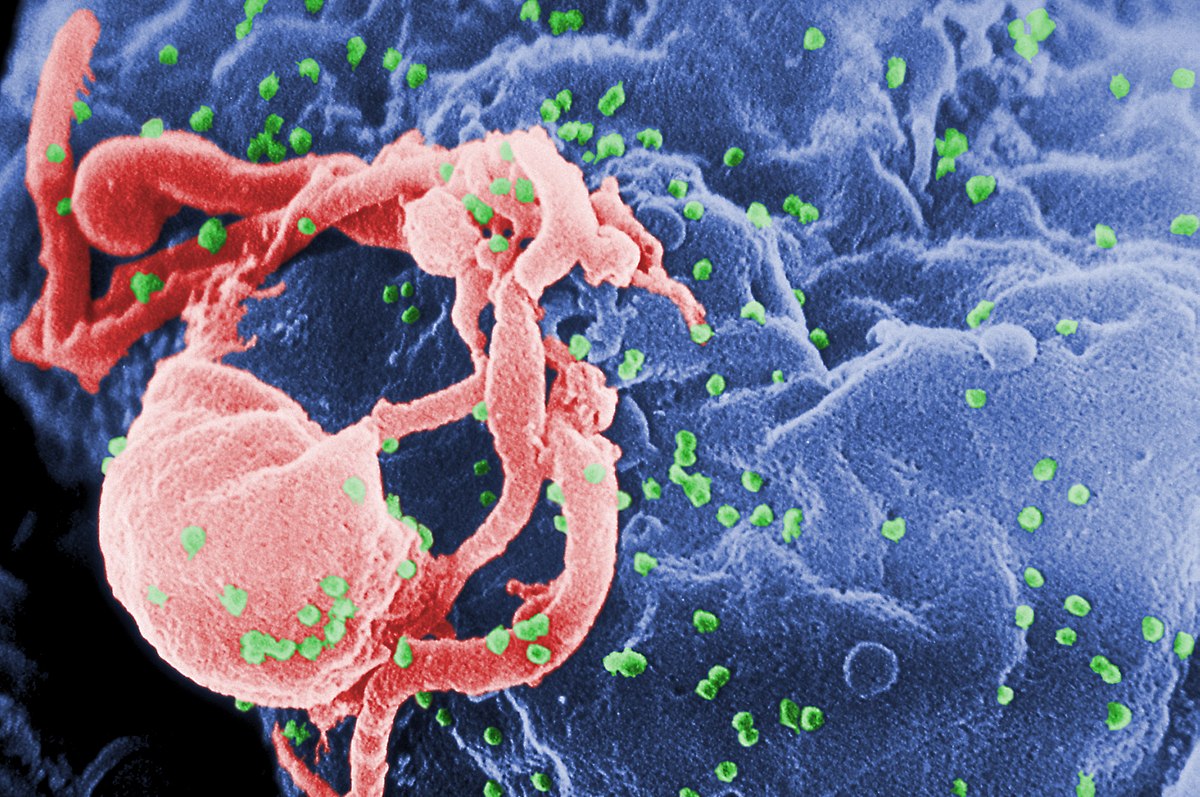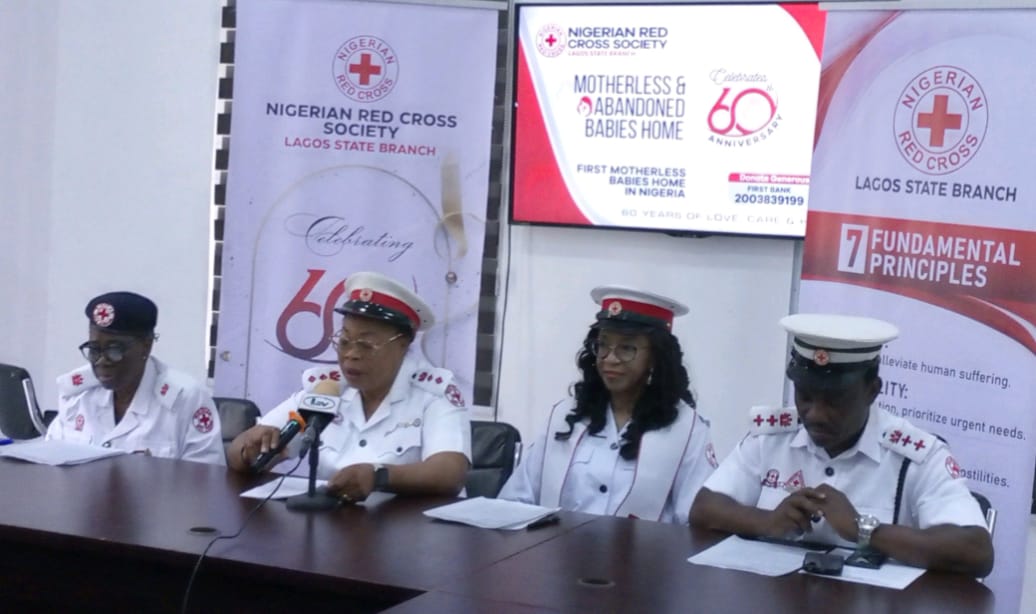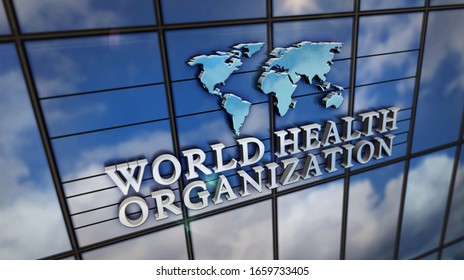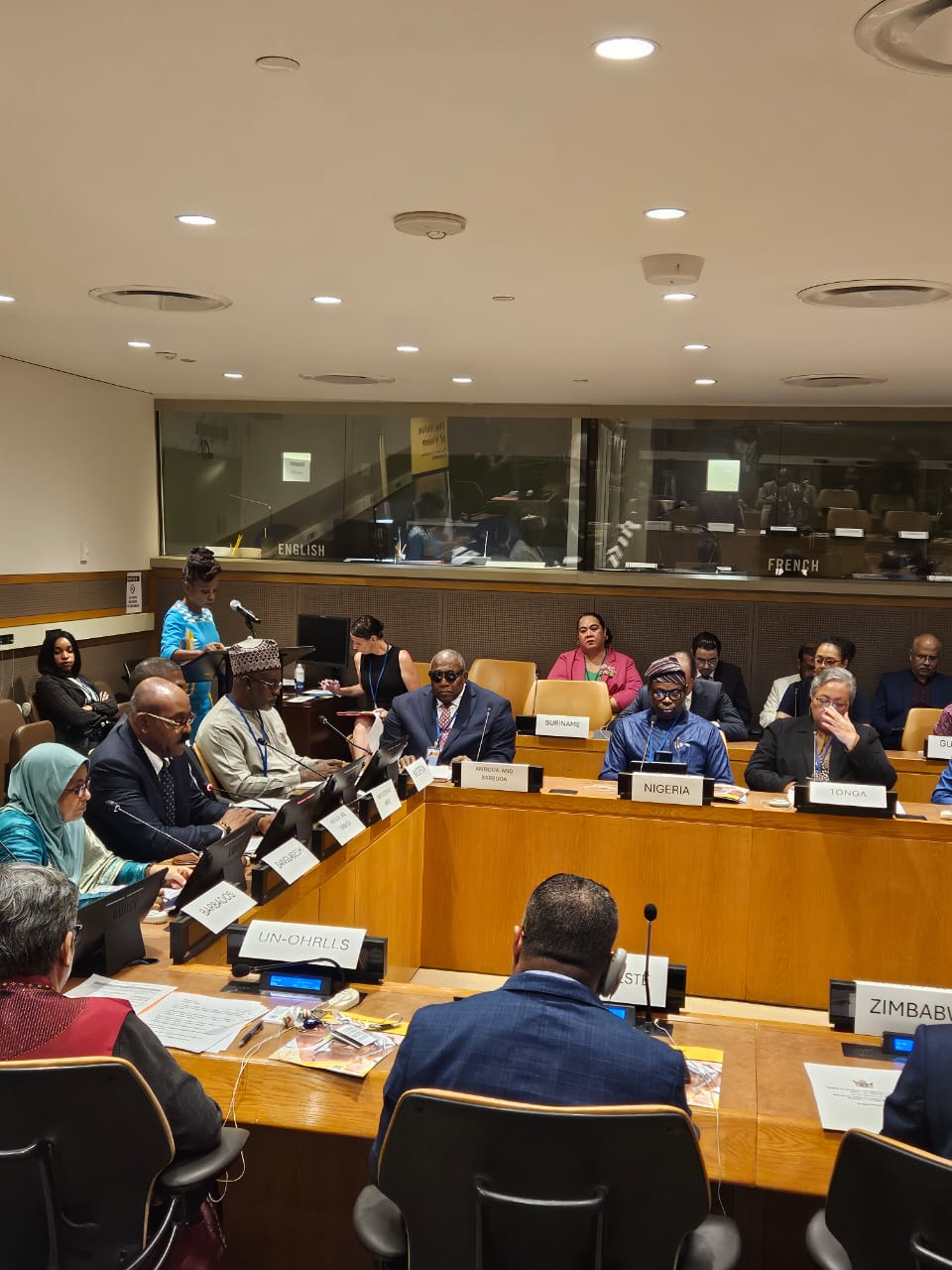
By Fatima Saka
The World Health Organization (WHO) has emphasized the protection of human rights as a cornerstone in achieving universal HIV care and breaking down barriers that hinder access to life-saving resources.
This message was underscored by Dr. Matshidiso Rebecca Moeti, WHO Regional Director for Africa, in her statement commemorating World AIDS Day 2024, observed on December 1.
According to Dr. Moeti: “This year’s theme, ‘Take the Right Path: My Health, My Right!’ serves as a timely reminder of our shared responsibility to uphold human rights in our collective pursuit of HIV elimination by 2030.
“HIV is not just a health issue but a complex challenge intertwined with social determinants like poverty, gender inequality, and violence. It is further exacerbated by stigma and discrimination, particularly affecting marginalized populations.”
Dr. Moeti highlighted significant strides in combating HIV in African nations over the past decade, despite the region bearing the highest global burden of HIV and limited resources.
Reductions in New Infections and Deaths: For the first time, new HIV infections in 2023 were higher outside sub-Saharan Africa.
UNAIDS 95-95-95 Targets: Seven African countries have achieved the ambitious goals of diagnosing 95% of people with HIV, ensuring 95% of those diagnosed receive treatment, and achieving viral suppression in 95% of those treated. The region currently stands at 90-82-76, with over 21.3 million individuals on antiretroviral therapy, significantly increasing life expectancy.
Mother-to-Child Transmission: Botswana and Namibia have achieved major milestones in curbing mother-to-child HIV transmission, earning international recognition.
Preventative Innovations: African countries have swiftly adopted advanced biomedical prevention methods, such as pre-exposure prophylaxis (PrEP) and the dapivirine vaginal ring, expanding access to these options.
Despite these achievements, Dr. Moeti stressed that the benefits of scientific advancements depend on their universal accessibility. Persistent issues include:
Limited access to care for vulnerable populations.
The impact of disease outbreaks on already fragile health systems.
Stigma and discrimination undermining progress.
“We have a collective obligation to ensure health care is accessible to all, without discrimination based on HIV status, gender, or background. Communities must be empowered and their voices included in co-creating solutions to human rights barriers in health care,” Dr. Moeti said.
To sustain momentum, the WHO advocates for integrated, person-centered health systems that address the diverse needs of vulnerable populations. Dr. Moeti called for renewed commitment from governments, partners, health care providers, and communities to eliminate HIV and reduce new infections.
“An AIDS-free generation is within reach. By safeguarding everyone’s right to health and eliminating barriers to care, we can secure the sustainability of the HIV response.”
WHO Initiatives
As part of its World AIDS Day observance, the WHO released updates on its ongoing efforts, including:
Progress on the Framework for an Integrated Multisectoral Response to TB, HIV, STIs, and Hepatitis in the African Region (2021–2030).
Achievements in the HIV catch-up plan for West and Central Africa.
The introduction of a framework for triple elimination of mother-to-child transmission of HIV, syphilis, and hepatitis B.
Namibia’s milestone in reducing mother-to-child transmission of HIV and hepatitis B.
Distinct News reports that World AIDS Day 2024 serves as a vital reminder of the power of collective action, science, and human rights in the fight against HIV. By addressing disparities and fostering inclusive policies, we can pave the way for a healthier, AIDS-free future.





